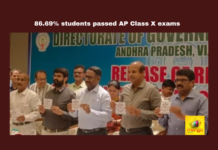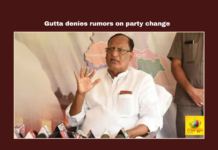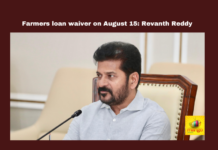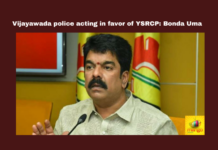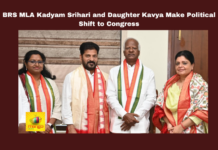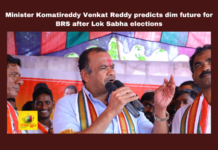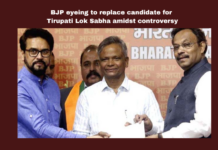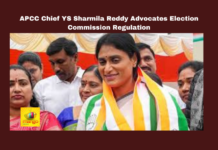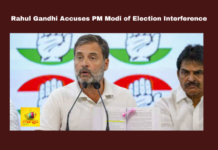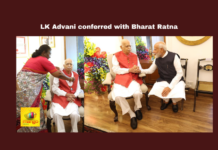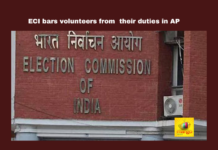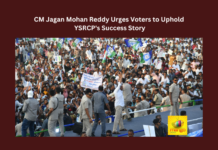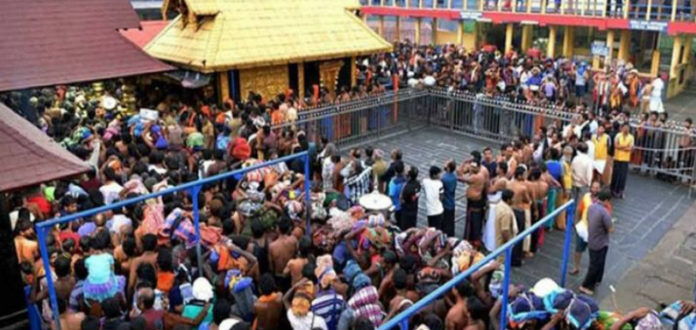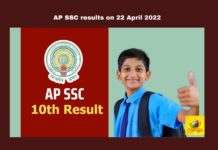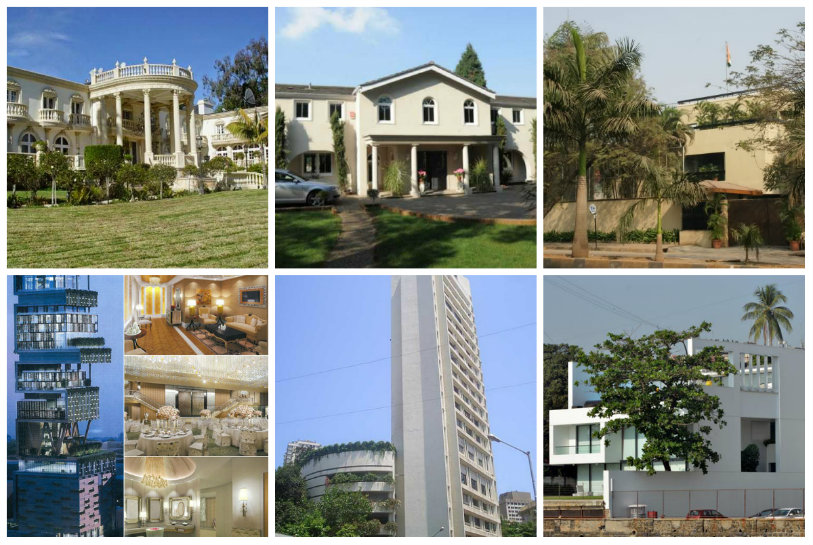The Supreme Court gave a verdict on the ban of entry of women in the Sabarimala temple, today. The Supreme Court said women of all age groups can enter the temple without any discrimination and inequality.
The Sabarimala temple in Kerala is also known as the second largest seasonal pilgrim centre after Mecca. The temple restricted women of the ages between 10 and 50 years from entering the temple due to menstruation as the temple’s presiding God, Lord Ayyappa, is considered to be a celibate. There is a provision in the Kerala Hindu Places of Public Worship (Authorisation of Entry) Rules, 1965, which restricted women from entering the temple on the grounds of purity.
The bench headed by Chief Justice of India (CJI) Dipak Misra put down the ban stating, “Religion cannot be the cover to deny women right to worship. To treat women as children of lesser God is to blink at Constitutional morality.” He further added, “Lord Ayyappa is not a separate denomination.”
The restriction was a part of the temple’s rules since centuries. The verdict of the apex court was a relief to women who were prohibited from claiming their rights of worship. The controversy of the restriction has been a matter of discussion since 2006 and has finally come to an end.
The verdict was given with a 4:1 majority in favour of women of all ages being allowed to enter the temple. The bench of CJI Dipak Misra, Justice J. Y. Chandrachud, Justice Khanwilker and Nariman Malhotra agreed with the verdict of lifting the ban on women’s entry. The only dissenter in the verdict was Justice Indu Malhotra.
Indu Malhotra, contrasting with the verdict, said, “Issues of deep religious sentiments should not be ordinarily be interfered by the Court … Religious practices can’t be tested solely on the basis of Article 14 (Equality). The shrine and deity are protected by Article 25 of the Constitution.” She further added, “What constitutes essential religious practice is for the religious community to decide, not for the court. A matter of personal faith. India is a land of diverse faiths. Constitutional morality in a pluralistic society gives freedom to practice even irrational customs.”
The head priest of Sabarimala, Kandararu Rajeevaru, stated, “We are disappointed but accept the Supreme Court verdict on women entry.”
The Travancore Devaswom Board, which runs the Sabarimala temple, justified to the court that the ban is not imposed and it is adopted by women out of their own will. The Supreme Court cleared themselves and said all the customary or religious practices such as a ban on entry of women had to conform to the constitutional principles.
The petitioner who sought for the ban, Rahul Easwar, will file another petition in the first week of October for the review of the judgement.

